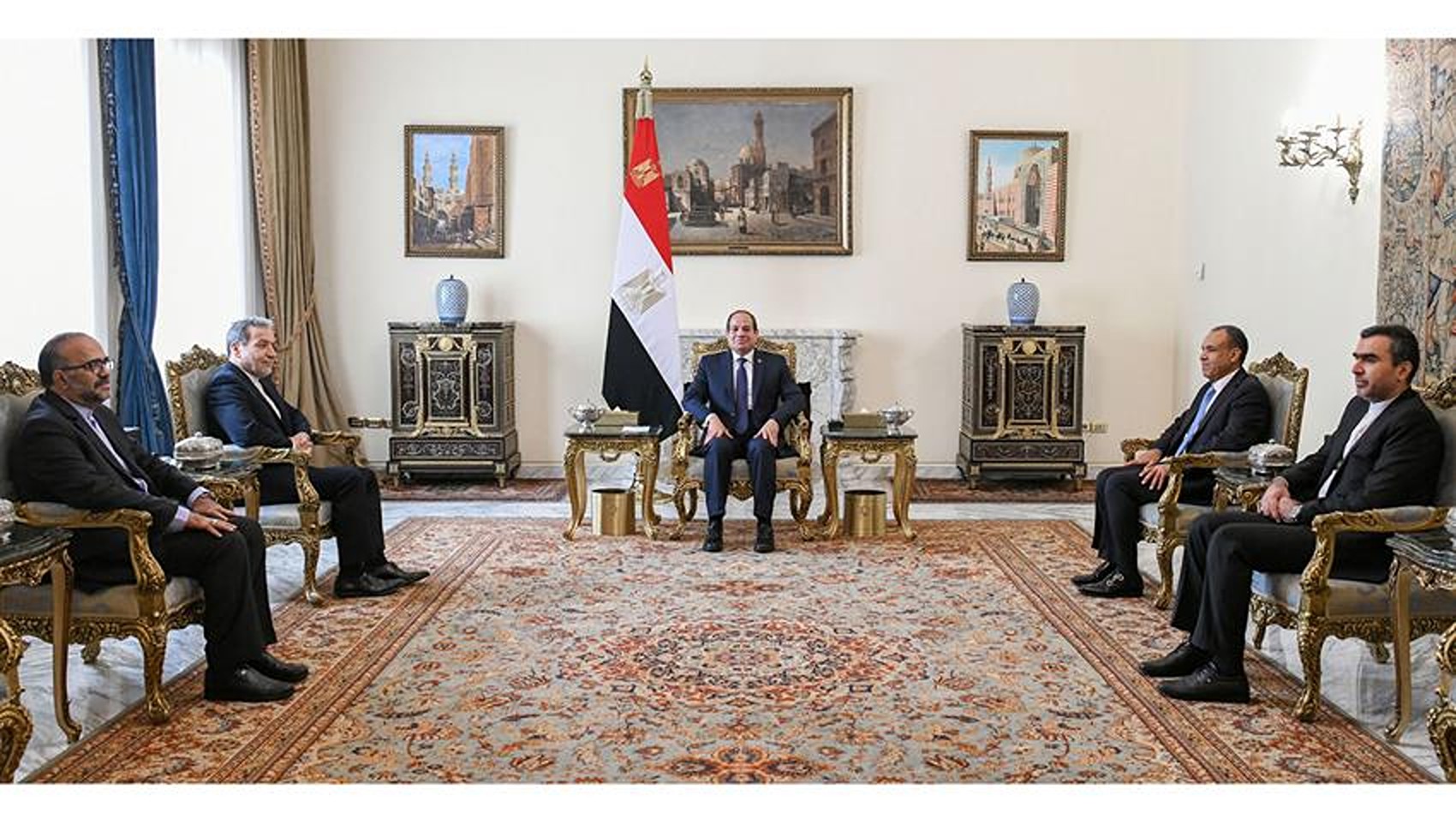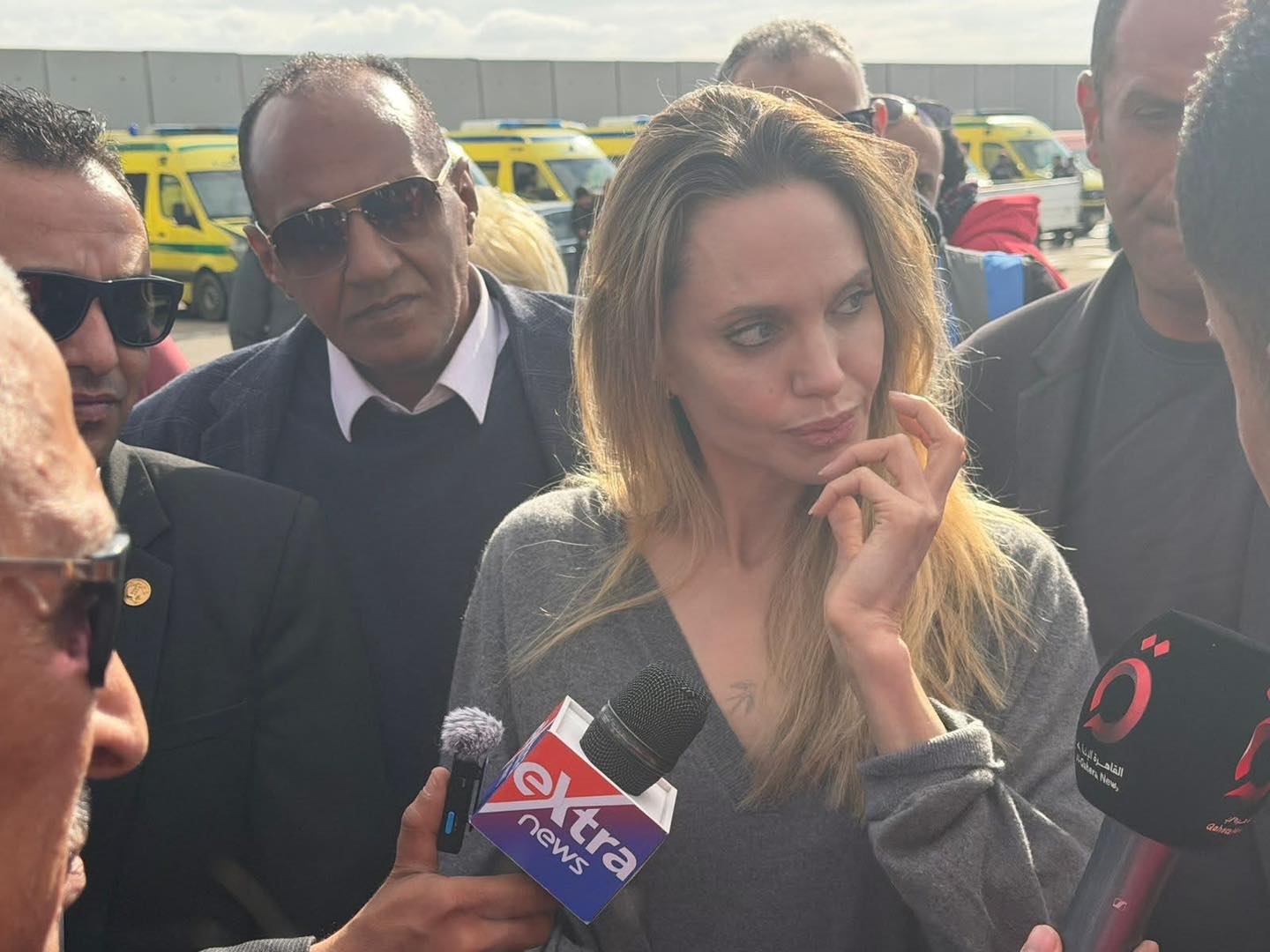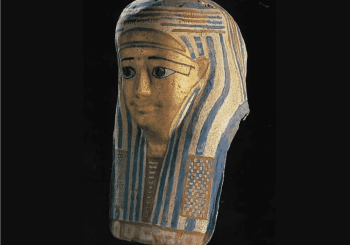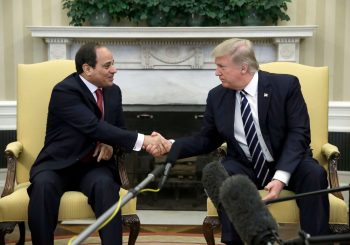President Abdel Fattah Al-Sisi held a meeting with Iranian Foreign Minister Abbas Araqchi on Thursday, 17 October, accompanied by Badr Abdel-Atty, Minister of Foreign Affairs, Emigration, and Egyptian Expatriates, as stated by the presidency.
Al-Sisi warned that a full-scale war would have dire consequences for the security and prosperity of all nations and peoples in the region. He emphasized the urgent need to increase international efforts to establish ceasefires in Gaza and Lebanon, stop violations and attacks in the West Bank, and ensure the timely and adequate delivery of humanitarian aid to address the escalating suffering of civilians in Gaza and Lebanon.
The discussions also emphasized improving bilateral consultations and coordination between Iran and Egypt, with both parties expressing a strong desire to strengthen their international partnership.
The Iranian foreign minister acknowledged Egypt’s ongoing efforts to promote stability and security in the region, commending its role in various initiatives. He also conveyed greetings and appreciation from President of Iran, Masoud Pezeshkian.
Earlier in the day, Abdel-Atty also met with Araqchi to discuss the conflicts in Gaza and Lebanon. Both diplomats emphasized the need for collaborative efforts to end the violence and restore stability.
Cairo is the eighth stop on Araghchi’s diplomatic tour, which has included visits to Lebanon, Syria, Saudi Arabia, Qatar, Iraq, and Oman over the past week.
The Iran-Israel Tensions
Since the onset of the Gaza war, Iran and Israel have been involved in a proxy conflict that has escalated into direct confrontations.
In April of this year, Israel targeted an Iranian consulate complex in Damascus, Syria, resulting in the deaths of several high-ranking Iranian officials. In retaliation, Iran and its allied forces seized the MSC Aries, a ship linked to Israel, and conducted strikes within Israeli territory.
Several international powers were involved in the conflict as well. The United States, United Kingdom, France, and Jordan intercepted Iranian drones to protect Israel. Syria also shot down some Israeli interceptors, while Iranian proxies in the region launched attacks on Israel.
Tensions escalated following the assassination of Ismail Haniyeh, the political leader of Hamas on July 31. In response, Iran and Hezbollah vowed to retaliate. On October 1, Iran launched a series of missile strikes against Israel.
There have been concerns that Israel might launch a strike, potentially triggering a full-scale regional war. Israeli officials, including Prime Minister Benjamin Netanyahu, have assured the United States that any counterstrike against Iran would focus solely on military targets, avoiding oil and nuclear facilities, according to a source familiar with the talks.
As of now, Israel has not yet carried out its response.







Comments (0)